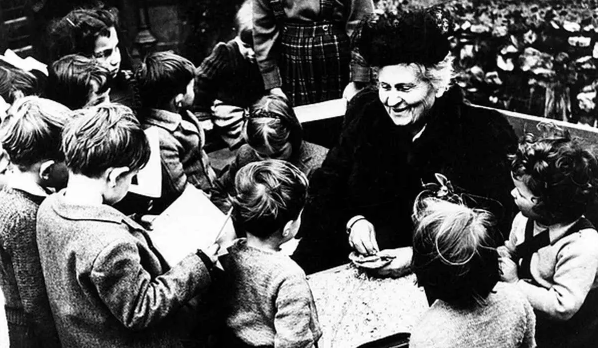Maria Montessori used the name “directress” instead of instructor to emphasize the different roles adults play in her schools. The word defines the role of coordinator in Italian.
Montessori educators work as role models, observers and record keepers, environmental designers. Maria Montessori believes that no person can be educated by another. Therefore, the Montessori trainer acts as the facilitator of the training.
Qualifications required to become a Montessori teacher;
Ensuring the creation of silence and appropriate conditions that allow the attention of the child to be focused on a matter,
To enable children to perform their activities with patience and humility,
Being an inconspicuous administrator (in Montessori schools, efficiency in instructor management is 20%, while independent activity should cover 80% of time),
Helping and encouraging the child. Observing without interfering when children are in activity,
Scientifically observing and keeping records of skills such as development, interest and concentration in children,
To show the passivity necessary for the child’s self-development,
To have the necessary training,
Making the material presented to the child attractive (Maria Montessori attaches importance to the use of stimulants to stimulate the emotion in the child, on the basis of the education system. These stimuli depend on the trainer and how he presents the material to the child.),
Focusing on each child individually, preparing individual plans (Montessori instructors focus on each child individually, not on the daily lesson plan. While the child is focused on the activity, the instructor knows that no praise or correction should interrupt the child’s concentration.)
